
Bob Perks tells of seeing a father and his daughter saying goodbye in an airport. The daughter’s flight departure was announced and they hugged each other as she was about to pass through the security gate. Bob heard the father say, “I love you. I wish you enough.” The daughter replied, “Daddy, our life together has been more than enough. Your love has been all I ever needed. I wish you enough, too.”
The father approached Bob and asked, “Did you ever say goodbye to someone knowing it would be forever?” “Yes, I have,” Bob replied. “I remember expressing to my Dad my love and appreciation for all he had done for me. It was my last opportunity to tell him” Bob then asked, “Why is this a forever goodbye?”
The father replied, “I am old and she lives much too far away. I have challenges ahead and the reality is, the next trip she makes back will be for my funeral.”
Bob continued by asking the father, “When you were saying goodbye, I heard you say, ‘I wish you enough.’ What does that mean?’
The father answered, “That’s a wish that has been handed down from other generations. My parents used to say it to everyone. When we said, ‘I wish you enough’ we were wanting the other person to have a life filled with just enough good things to sustain them.”
The father then added from memory:
“I wish you enough sun to keep your attitude right. I wish you enough rain to appreciate the sun more. I wish you enough happiness to keep your spirit alive. I wish you enough pain so the smallest joys in life appear much bigger. I wish you enough gain to satisfy your wanting. I wish you enough loss to appreciate all that you possess. I wish you enough ‘Hello’s’ to get you through your final goodbye.”
The father both smiled and cried as he walked away.
Too often we live with our cup almost empty, even when spiritually we are kings and queens since God has made us His children. We scrimp by on the bare necessities when His divine promises give us for even more than enough.
Think of II Corinthians 9:8, “And God is able to make all grace abound toward you, that you, always having all sufficiency in all things, may have an abundance for every good work.” And Ephesians 3:20, “Now to Him who is able to do exceedingly abundantly above all that we ask or think, according to the power that works in us…” Gaze upon these words: “all, abound, always, all sufficiency, abundance, exceedingly, abundantly, above all.”
More than ever we must discover that God is not only necessary, He is enough!
Have we ever said to someone, “I wish you enough.”? Such encouragement can lift them beyond their troubles to embrace the blessings that will carry them through the difficult steps in their journey.
Let’s start today! I wish you enough!
Till next time,
-Don Johnson, Kirby Pines Chaplain



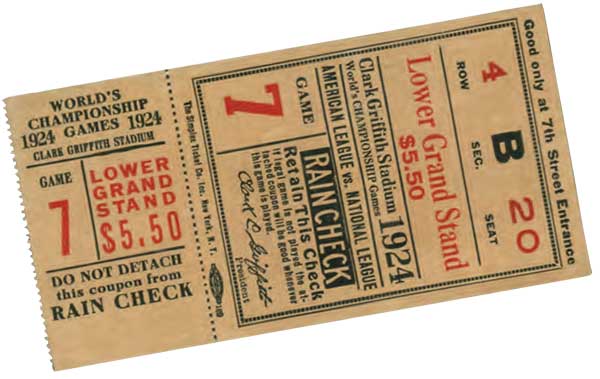
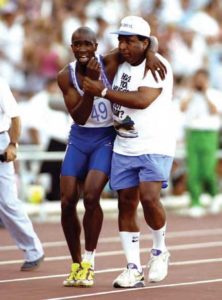
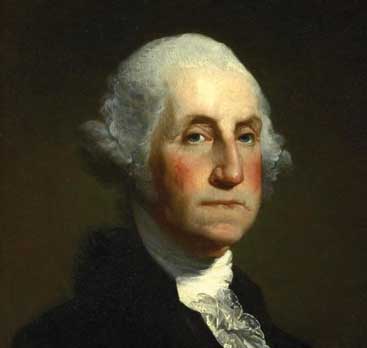
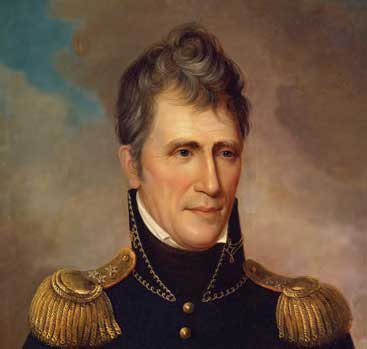
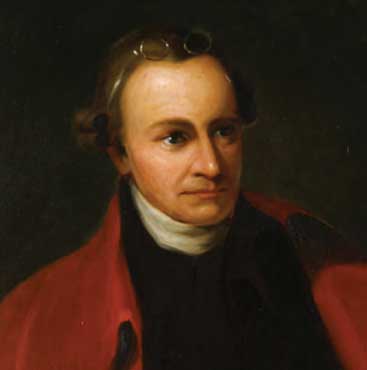


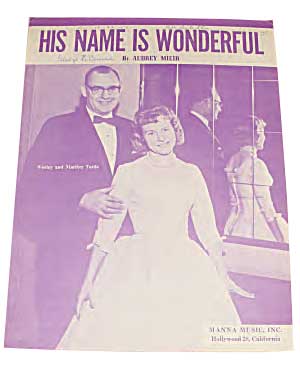

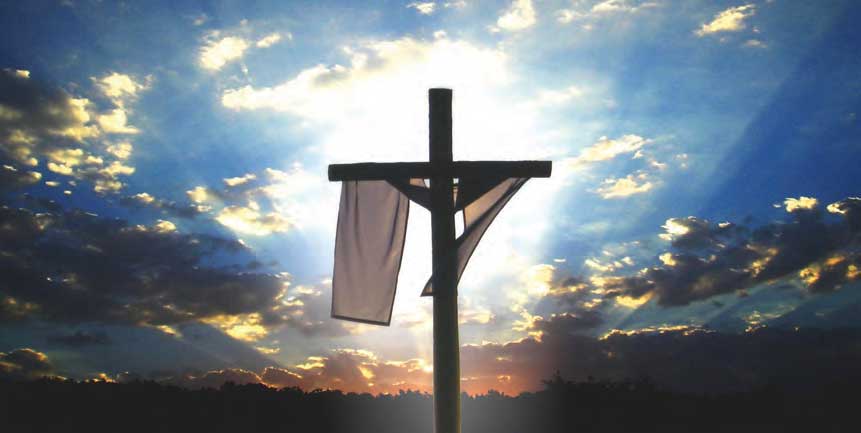
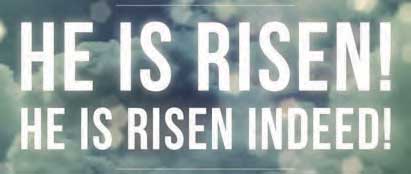
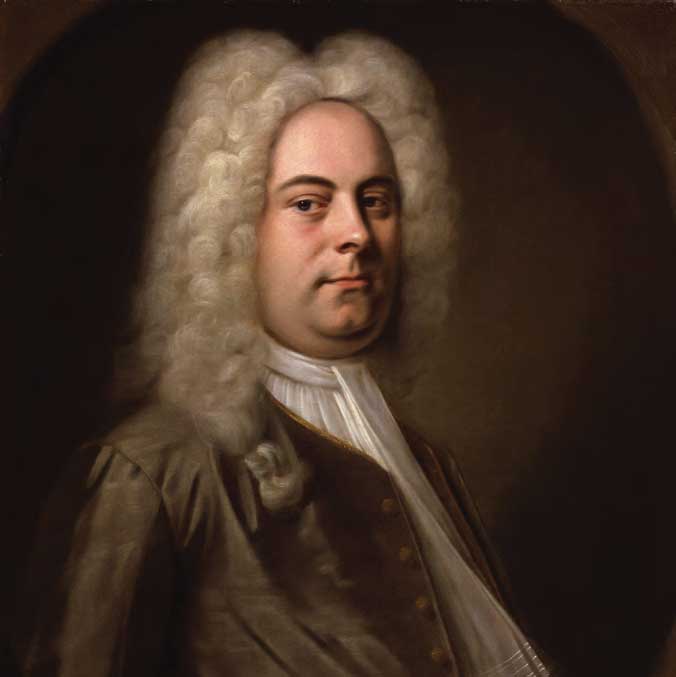



 © 2025 Kirby Pines LifeCare Community. All Rights Reserved |
© 2025 Kirby Pines LifeCare Community. All Rights Reserved | 